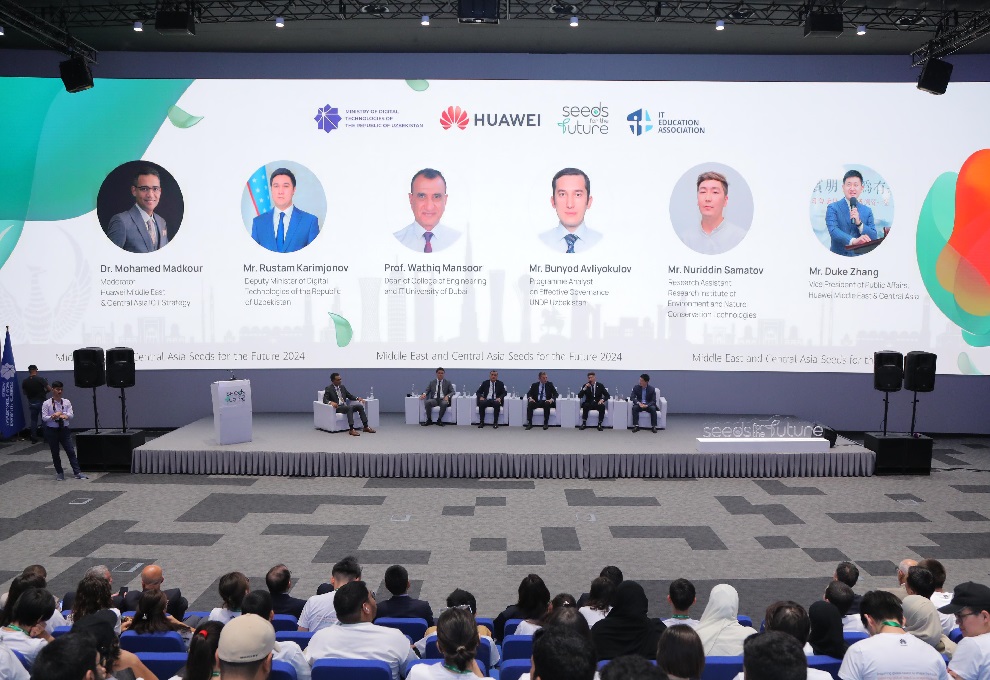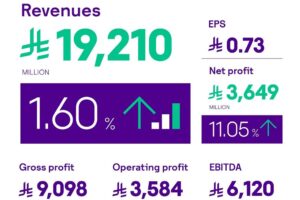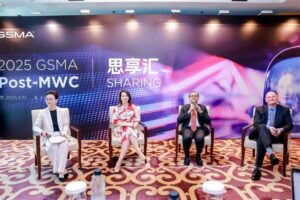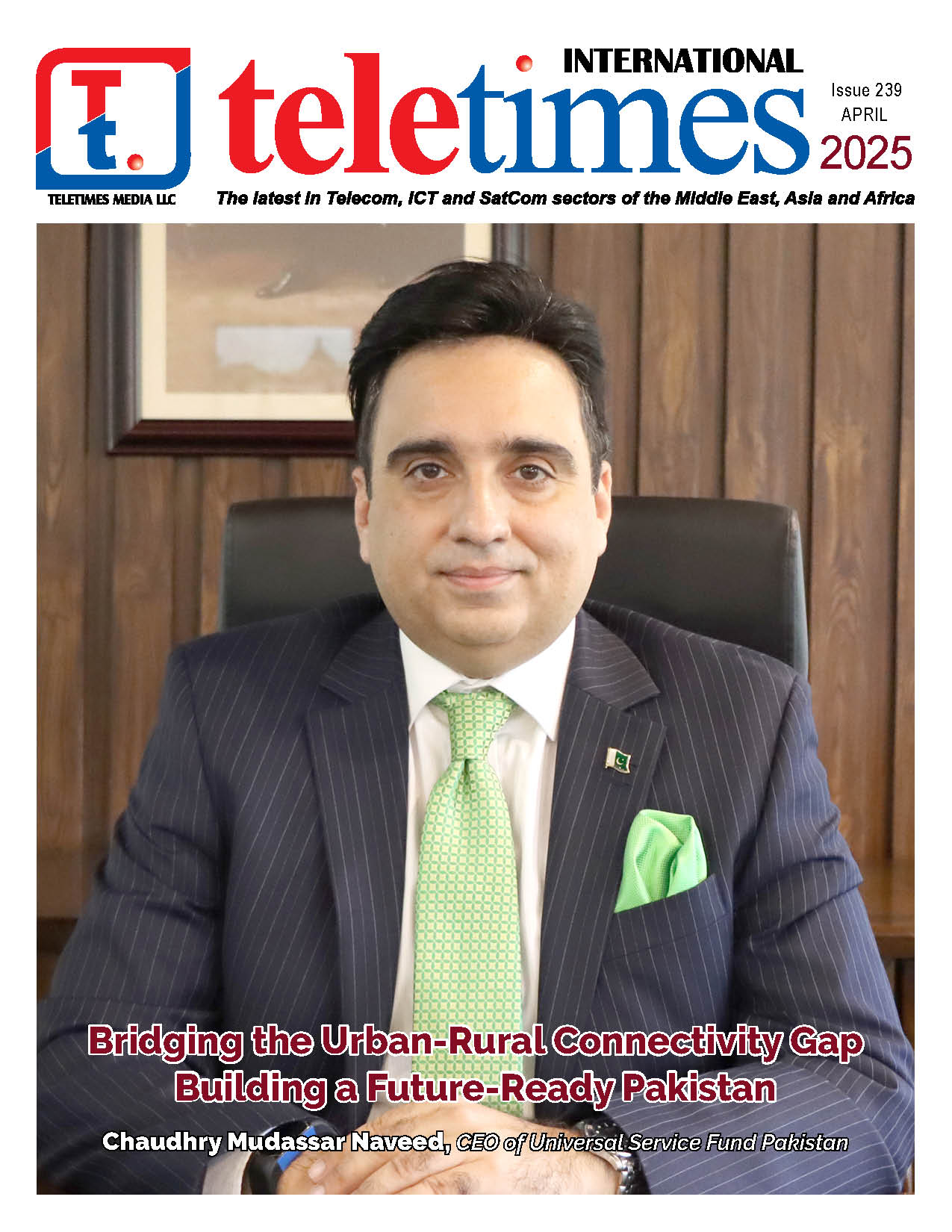During the Huawei Seeds for the Future 2024 Regional Final, ICT leaders from government, private sector, and media representatives came together for an insightful panel discussion on the future of ICT talent and the pivotal role it will play in shaping the future digital economies.
This pivotal event, held at the IT Park in the building of the Ministry of Digital Technologies of the Republic of Uzbekistan, brought together high-ranking officials from the Ministry of Digital Technologies of the Republic of Uzbekistan, UNDP, University of Dubai, Research Institute of Environment and Nature Conservation Technologies, and Huawei. Under the theme of “ICT Talent & Youth Power Driving Digital Innovation & Shaping the Sustainable Future of the ME&CA Region: Public-Private Partnership & Open Collaboration for Shared Success,” the panel set the stage for an engaging dialogue on the future of education and digital transformation. The discussion centered on the vital role of open collaboration in nurturing local ICT talent, driving technological innovation, and building sustainable, knowledge-based digital economies in the region.
The panel featured prominent figures from various sectors, including Karimjonov Rustam, Deputy Minister of Digital Technologies of the Republic of Uzbekistan; Professor Wathiq Mansoor, Dean of the University of Dubai; Nuriddin Samatov, Research Assistant at the Research Institute of Environment and Nature Conservation Technologies; Bunyod Avliyokulov, Programme Analyst on Effective Governance, UNDP Uzbekistan; and Duke Zhang, Vice President of Public Affairs, Huawei Middle East & Central Asia.
Dr. Mohamed Madkour, Huawei ME&CA ICT Strategy, delivered the opening remarks, moderated the panel, and facilitated the discussions among the distinguished guests. During the discussion, Dr. Madkour emphasized that ICT is no longer a siloed industry but a foundational platform for our lives. He explained that ICT empowers the learning process, enables any organization to be more innovative and productive, and enriches regional economies to be more prosperous. He highlighted the crucial role that talent plays in driving digital transformation across the Middle East and Central Asia.
Karimjonov Rustam, Deputy Minister of Digital Technologies of Uzbekistan, stated: “We are committed to integrating advanced technology into our educational frameworks through strong public-private partnerships. By nurturing local ICT talent, we are not only preparing our youth for future challenges but also fostering an environment of innovation and growth in the digital economy.”
Professor Wathiq Mansoor, Dean of the University of Dubai, commented: “Public-private partnerships are essential in bridging the gap between academia and industry. Initiatives like Huawei’s SFTF and the implementation of smart education solutions play a crucial role in equipping our students with the skills needed to thrive in a rapidly evolving digital landscape.”
Nuriddin Samatov, ICT Specialist at the Research Institute of Environment and Nature Conservation Technologies, Uzbekistan, remarked: “As a former SFTF participant, I have witnessed firsthand the impact of such programs in shaping the future of ICT professionals. Continuing to support these initiatives ensures we maintain a steady pipeline of skilled talent capable of driving digital transformation.”
Bunyod Avliyokulov, Programme Analyst on Effective Governance, UNDP Uzbekistan, expressed: “As we continue to push forward with digital transformation, it is imperative that we ensure no one is left behind. Remote education offers a powerful tool to bridge the digital divide, particularly in rural areas where access to quality education is limited. Collaborative efforts, like those we discussed during the panel, are crucial in ensuring that all students, regardless of their location, have the opportunity to learn and thrive in a connected world.”
The panelists also highlighted how intelligent and digital transformation begins with education, a process where Huawei plays a pivotal role. The conversation underscored Huawei’s belief that smart education can build a robust ecosystem, cultivating innovation-oriented talents for an intelligent future.
Through the implementation of smart campuses, smart classrooms, and advanced technologies like IoT, big data, AI, and cloud computing, Huawei is enabling education systems worldwide to evolve. The “Five Ones” smart education solution, comprising one screen, one network, one platform, one cloud, and one app, was showcased as a transformative approach to improving the quality and efficiency of teaching, research, and management. Additionally, the introduction of Wi-Fi 7 at the University of Dubai was highlighted as a significant step in enhancing network speed and quality on campus. The importance of remote education in bridging the digital divide, particularly in rural areas, was also emphasized, with Huawei’s solutions offering a pathway to inclusive and accessible learning.
Duke Zhang, Vice President of Public Affairs, Huawei Middle East & Central Asia, mentioned: “At Huawei, we believe that education is the cornerstone of future innovation. By integrating cutting-edge technologies into educational systems, we are not only enhancing the learning experience but also preparing the next generation of leaders and innovators. Our commitment to smart education and digital inclusion is reflected in the transformative solutions we bring to institutions across the ME&CA region, ensuring that all students have the tools they need to succeed.” The panel discussion facilitated engagement between media representatives and students from the ME&CA region, who convened in Tashkent for a series of activities and training workshops as part of the 2024 edition of Huawei’s global initiative, Seeds for the Future. This initiative, which Huawei launched in 2008, has positively impacted over 18,000 students from 141 countries, is endorsed by more than 360 senior officials and heads of state, and has facilitated collaboration with over 500 universities and colleges.












